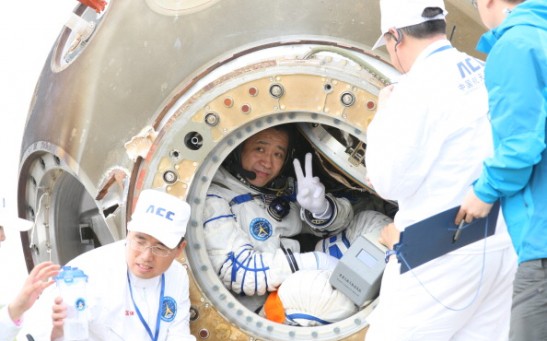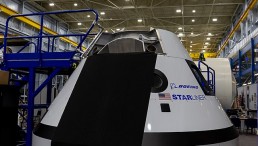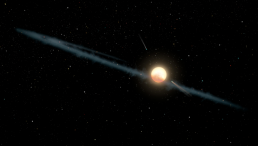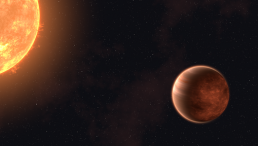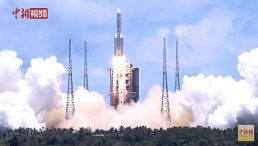Space Exploration
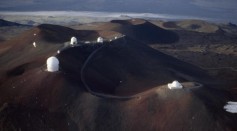
Giant Telescope Construction Continues atop Hawaiian Volcano, Despite Protests
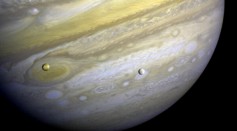
See What Tools Made the Cut Aboard the Upcoming Europa Clipper Mission
Astronomers Capture the Most Detailed Images Yet of the Beautiful Medusa Nebula
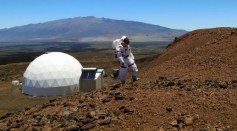
NASA Hopes to Rely on Algae and Bacteria for Oxygen Production on Mars
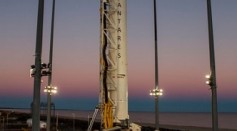
Antares Rocket Launches on East Coast Tonight: Viewing and Live Stream Info
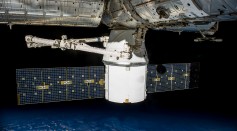
Dragon Spacecraft Completes Mission, Splashes Down in Pacific Ocean
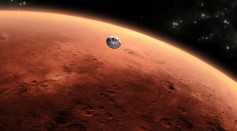
Future Mars Missions Threatened by Cosmic Radiation
Most Popular

Meet Goldene: The Free-Standing Sheet of Gold Only One Atom Thick

Sunscreen Myths Debunked; Expert Warns Against 'Dangerous' Sun Protection Ideas That Only Puts One at Added Risk

ESA Solar Orbiter Snaps Footage of Fluffy Plasma Structures of the Sun in Great Detail [WATCH]

Transparent Animals? These Weird Creatures Allow You To See Right Through Them

